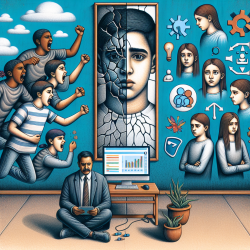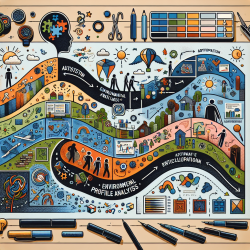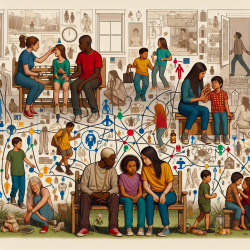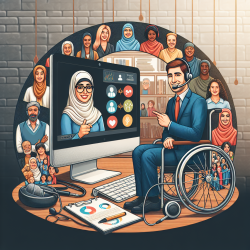Introduction
In the evolving landscape of mental health services, the demand for qualified professionals is ever-increasing. As a Special Education Director, I understand the importance of ensuring our students have access to qualified mental health professionals. One critical step in meeting this demand is understanding the licensing requirements for mental health counselors. This blog provides a comprehensive guide to applying for a permanent mental health counselor license in Iowa, a crucial step for professionals looking to make a significant impact in schools and communities.
Application Process
Applying for a permanent mental health counselor license in Iowa is a structured process that begins with an online application. The application fee is $120, and it is important to note that all fees are nonrefundable. Applicants can submit any required documentation or questions via email to plpublic@idph.iowa.gov.
Training and Supervision Requirements
Applicants must meet specific training and supervision requirements, which vary based on when they started their educational program:
- For programs started before July 1, 2010: 200 hours of clinical supervision concurrent with 1,000 hours of experience, including 100 hours of individual supervision.
- For programs started after July 1, 2010: 200 hours of clinical supervision concurrent with 3,000 hours of experience, with 1,500 hours being direct client contact, and 100 hours of individual supervision.
Applicants can provide proof of Certified Clinical Mental Health Counselor status with the National Board for Certified Counselors or submit a completed Supervised Clinical Experience: Approval and Attestation form, available on the Board’s website. A list of approved behavioral health supervisors is also available for reference.
Examination Requirement
To fulfill the examination requirement, applicants must pass either the National Counselor Examination (NCE) or the National Clinical Mental Health Counselor Examination (NCMHCE) of the NBCC. Effective January 1, 2022, the NCMHCE is required for a mental health counselor license. Exam scores must be sent directly to the Board office by the testing service.
Educational Requirements
The educational requirements are contingent upon the accreditation status of the institution and the date the applicant began their educational program:
- CACREP-accredited institutions: A master’s or doctoral degree in mental health counseling is required. Transcripts must be sent directly from the institution to the Board office and must include the school seal, degree earned, and date of graduation. Applicants who started their program before July 1, 2012, need 45 semester hours, while those after this date require 60 semester hours.
- Non-CACREP accredited programs: Degrees must have an emphasis in mental health counseling. Transcripts must be sent directly from the institution to the Board office. Additionally, applicants must contact the Center for Credentialing and Education, Inc. (CCE) for a content equivalency evaluation and report, which may take up to six weeks.
Verification of Licenses Held in Other States
Applicants who have never been licensed in another state can skip this step. However, those who have been previously licensed, registered, or certified in any other state must provide official verification of licensure. This verification must include the license issue date, expiration date, and any pending or past disciplinary action. If online verification is unavailable, the verification must be sent directly to DIAL by the state(s) where the applicant has been licensed.
Conclusion
Understanding the requirements and process for obtaining a permanent mental health counselor license in Iowa is essential for professionals aiming to support the mental health needs of students and communities. By following these guidelines, aspiring counselors can ensure they meet all necessary criteria and contribute positively to the field of mental health.
For more information, please follow this link.










